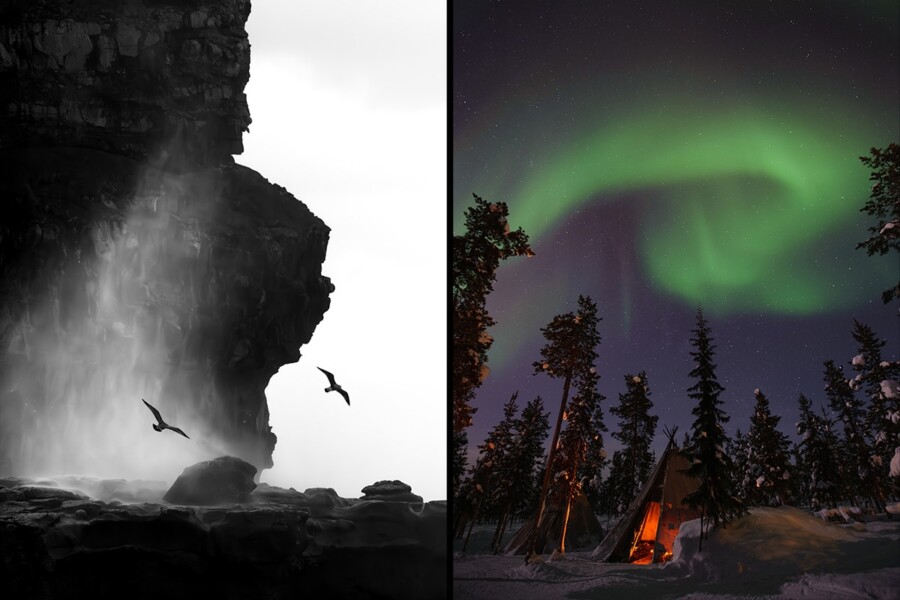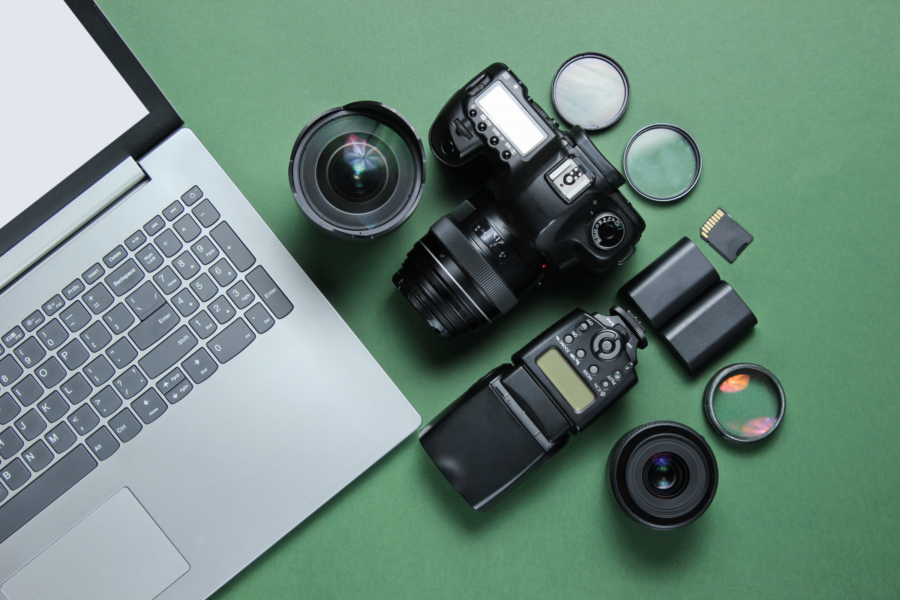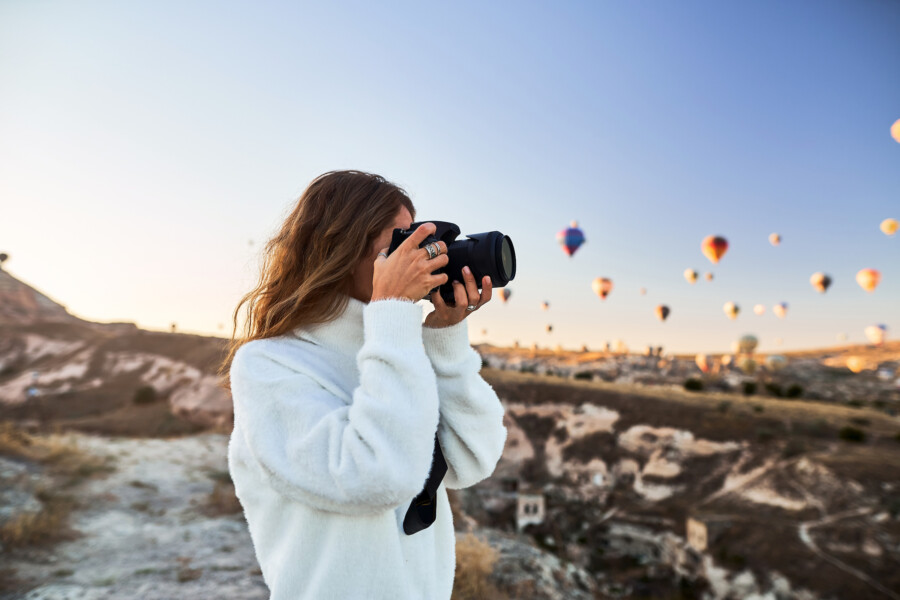Share
Do We Need Photo Contests?
As photo contest season descends upon us, the perennial question re-emerges: Do we need photo contests? In the consumer photo world, contests funct...
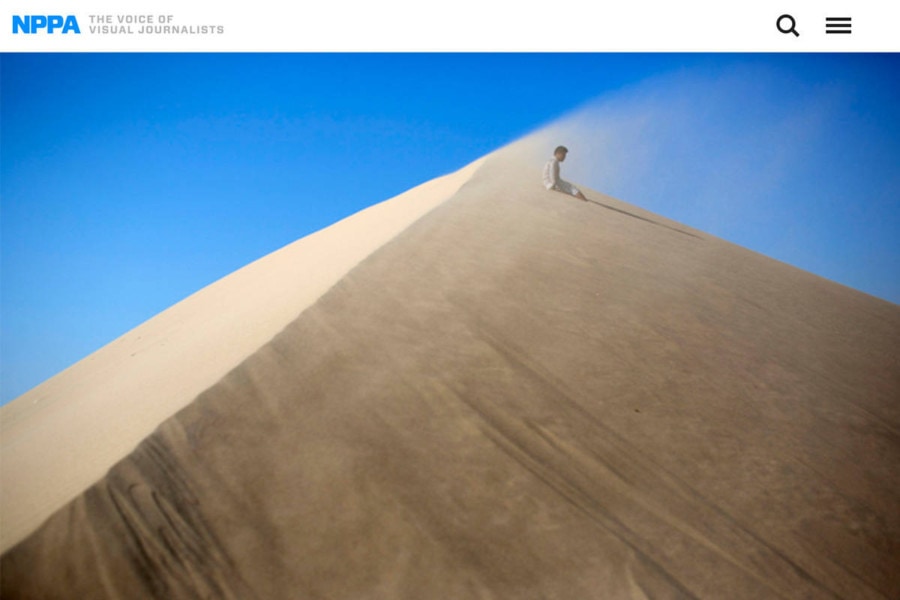
As photo contest season descends upon us, the perennial question re-emerges: Do we need photo contests?
In the consumer photo world, contests function largely as a user engagement tool. An amateur photographer who wins a prize like the National Geographic Photo Contest earns an expensive cruise and significant bragging rights. The accolade may or may not propel the winner into the realm of professional photography, but sponsoring brands end up with a vast trove of free photographic content that they can further leverage and exploit. In recent years, many consumer contests have extended their terms of use to claim rights not only for the winners, but for any entry. National Geographic, for example, creates months of build up to the final announcement by allowing fans to view and vote on their favorites entries independent of the expert panel.
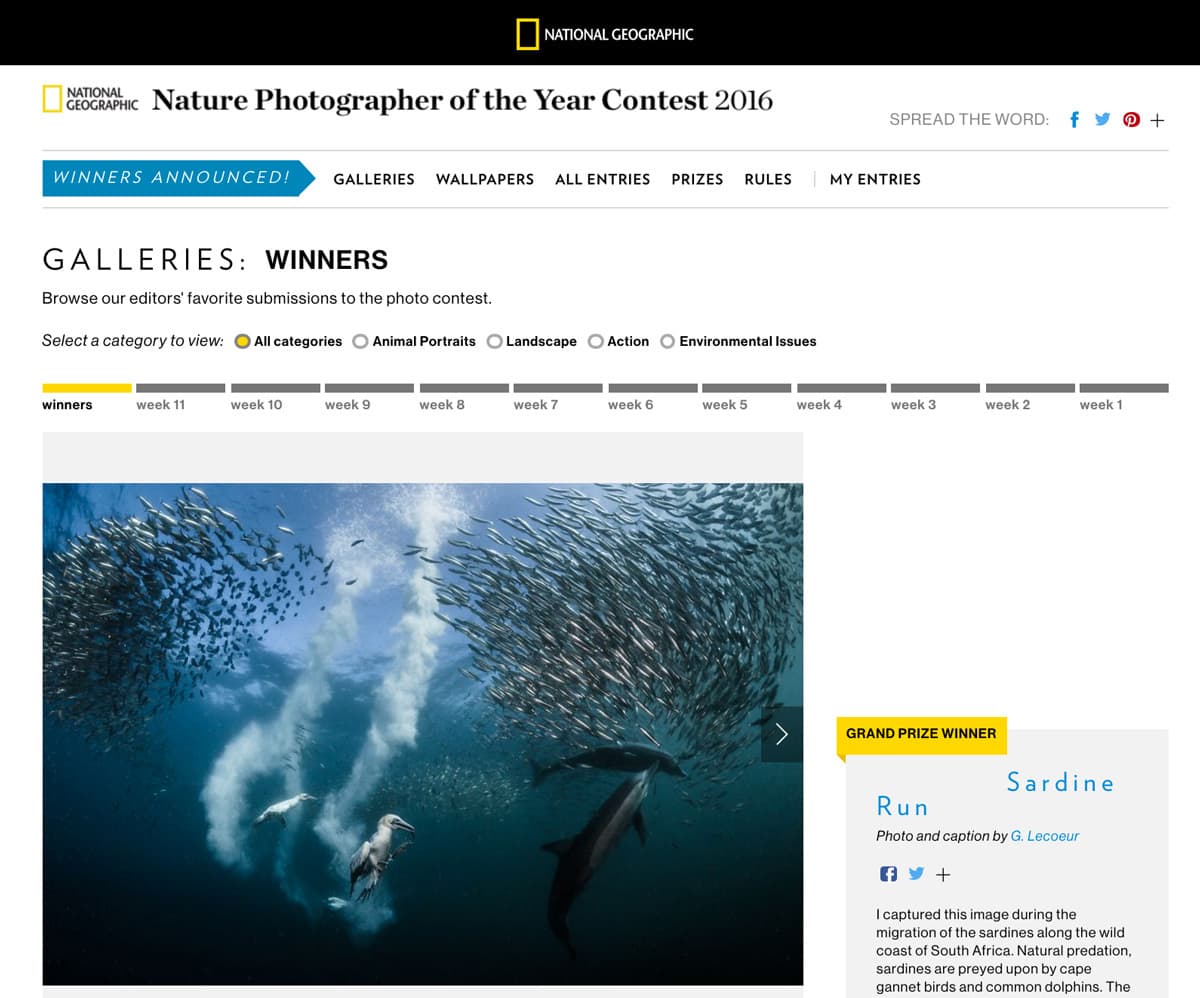
For professionals, the value of contests are more nuanced. While some prestigious contests have no entry fee (e.g. NPPA Best of Photojournalism), many do, and a photographer participating in a slate of contests can rack up a big tab quickly. Fees can provide a material revenue stream to companies, and brands like PDN have leveraged their reputation to support a broad swath of contests of varying stature within the industry.
Evaluating the benefits of contests usually comes down to two main factors: prizes and exposure. A cash or equipment prize has obvious appeal to photographers who are often living from gig to gig. The promise of exposure is a bit more elusive because exposure doesn’t pay the bills. On the other hand, contests with strong PR can garner millions of views online and provide exposure to key industry personnel who might hire a photographer that was previously unknown or forgotten to them.
Former Sports Illustrated Director of Photography and frequent contest judge Brad Smith contends that contests have more value than ever before because “more people know if you’ve won one, and more quickly, than at any time in history,” owing to social media.
Photo contests often expose the audience to images they might have otherwise not seen – whether stories from around the world, different types of processing methods, or just a new way of looking at the world.
On Judging
A number of the experts I spoke with were critical of the homogeneity of judging panels. Like any industry’s “speaking circuit,” photography seems to have its “go to” judges. Kuala Lumpur Photo Awards founder Steven Lee said judges “tend to be the same people or people from a certain background, and that isn’t moving forward in my mind. Ideally, I would like to have my judges from various disciplines including non-photography people.”
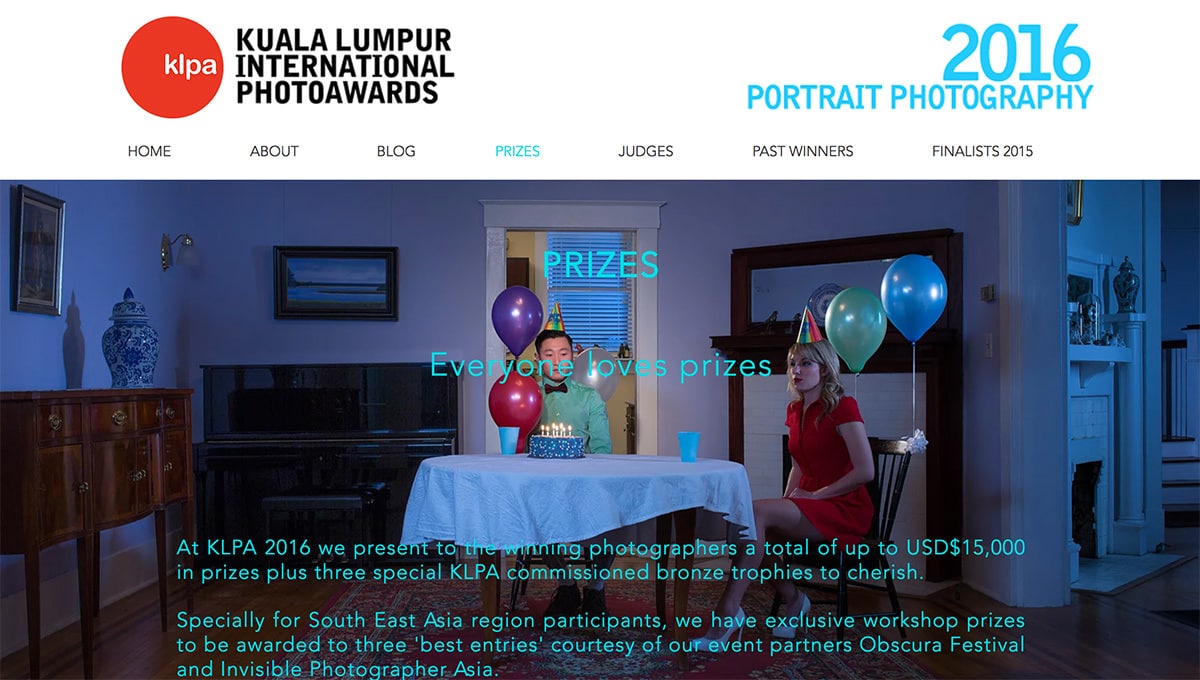
Smith echoes the concern, specifically as it applies to niche subject matter. “If you have a panel of judges who are sports only by trade, or if the judges are all non-sports related, then you’ll have opinions that are skewed disproportionately towards one view or the other. You need a balance, it’s imperative.”
Subject matter can also have a disproportionate influence on judges. Foreign lands or topics du jour can often sway opinion. ZUMA Press Editor-at-Large Jimmy Colton expressed weariness of a topic to overshadow the content of a photo. “We must insure that the merits of the photograph drive whether it deserves an award…not just because it’s of a timely subject matter like immigration, etc.”
Photographers Weigh In
Contests can be a bit like editorial work. They might not pay well, but they can function as marketing vehicles for the winners and the exposure can generate new commissioned work. But chasing the brass ring is not without its perils, and most professional photographers seems to take a balanced approach.
“If you want to get your work out into the world, then focus your attention, edits, and entry fees on very specific contests,” said Magnum Photography Award winner Aaron Hardin. He urged photographers to be intentional about their participation. “Know who will see your work. It is better to enter three appropriate contests for your work than to waste hundreds of dollars on entry fees on every competition available.”
Although the word “contest” implies competition, photography can’t viewed as a game. “I think it is important to remember that photography is an art – and not a sport. In art, you cannot jump higher than everybody or run faster than others,” said Nikon Photo Contest winner Dina Bova. “In photography, as in any other form of art – you just need to be yourself and not try to please someone or to predict someone’s tastes.”
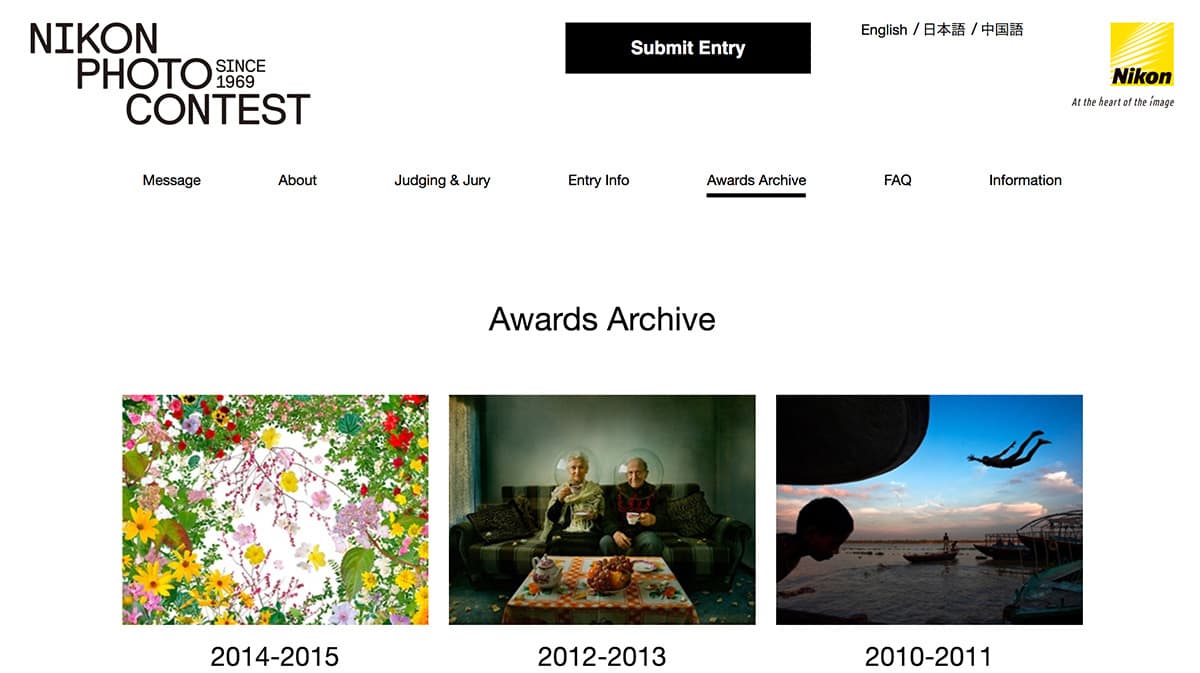
Contact Press photojournalist Yunghi Kim acknowledges the benefits of winning, but believes contest season is less about competition and more about accolades. “Professional photojournalism contests are a good way for an industry to celebrate best of work for the year,” said Kim. “Equally as important, it’s a effective method for passing along visual storytelling to another generation while also archiving the work for historical reasons.”
Judge for Yourself
Contests aren’t going away. There is enough economic incentive for contest organizers, sponsoring brands and photographers to continue supporting contest culture. But with a explosion of contests, photographers need to be more critical than ever of contest fees, rights grabs, and promised exposure.
***
Learn more about photo contests with our free Photographers’ Guide to Photo Contests.

